Mindfulness and Non-Duality
You can add up the parts
But you won't have the sum
You can strike up the march
There is no drum
Every heart, every heart
To love will come
But like a refugee
Ring the bells that still can ring
Forget your perfect offering
There is a crack, a crack in everything
That's how the light gets in.
Leonard Cohen - Anthem
Coming to our Senses uses a unique non-duality approach and applied theatre techniques to teach creative mindfulness over 8 in person weekly 90 - 120 minute sessions.
Each session contains one or two of the creative challenges that you experienced on Stage 1 of this training, the three day intensive called - The Art of Looking at Ourselves. These are bookended my mindfulness meditations, handy hacks and open enquiry or what we call ‘dialogue’ with the group.
There are handouts and links to guided meditation that participant can try at home. You are encouraged try these meditations to get a complete picture of the course and its effects on participants.
Stage 2 of this journey towards learning to teach Coming to Our Senses involves attending at least 6 of the 8 weekly session of this online course.
Please note the following:
The process we explore together in Coming to Our Senses invites a new way of experiencing mindfulness—one that may challenge deeply held beliefs about self, effort, and progress. This training doesn't aim to provide answers or clear-cut steps to perfect mindfulness. Instead, it encourages a shift in perspective that some may find uncomfortable, even disorienting.
You may find that traditional ideas of self-improvement or spiritual advancement are questioned. The course is designed to gently nudge you toward letting go of the notion that mindfulness is something to be attained through effort or struggle. Instead, we explore how mindfulness can emerge naturally, as a spontaneous and effortless state.
The applied theatre methodology we use in this course builds on decades of experimentation in theatre and mindfulness, following the traditions of practitioners like Bertolt Brecht, Jerzy Grotowski, Peter Brook and Augusto Boal. This can involve playful, experimental exercises that may push you to break down habitual responses and fixed ideas of who you are.
Be aware that this process may not always feel easy or linear. It is normal to encounter resistance, confusion, or frustration along the way. Just as Leonard Cohen's lyrics suggest, “there is a crack in everything—that’s how the light gets in.” The purpose of this course is not to fix or perfect anything, but rather to explore how the cracks in our assumptions, judgments, and fears allow us to glimpse something beyond them.
Finally, while this training is designed to support facilitators, it is not a guarantee of personal transformation or mastery of mindfulness techniques. It is, instead, an invitation to play, explore, and perhaps, stumble into moments of deep insight. It is a dialogue through which together we can create a community of practice unfolding the potential of this innovative curriculum to help improve the mental health of the general population.
Proceed with curiosity, compassion, and an openness to failure. That is where the beauty of this journey lies.

